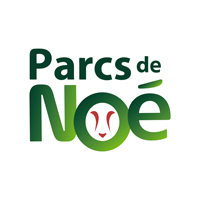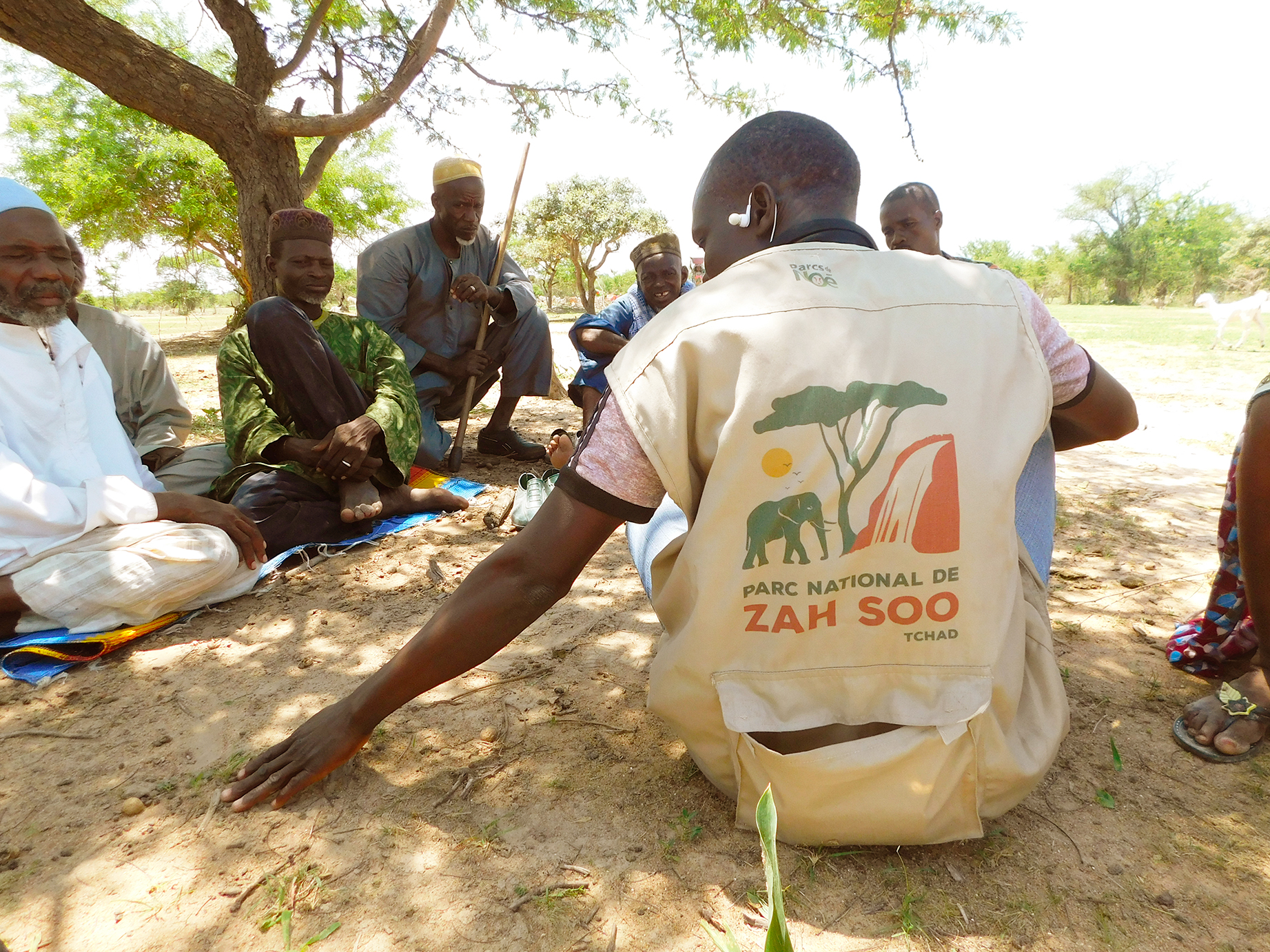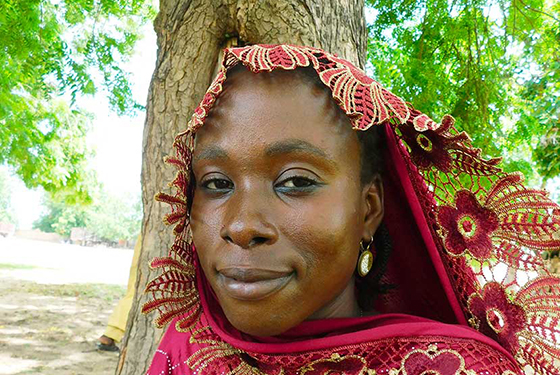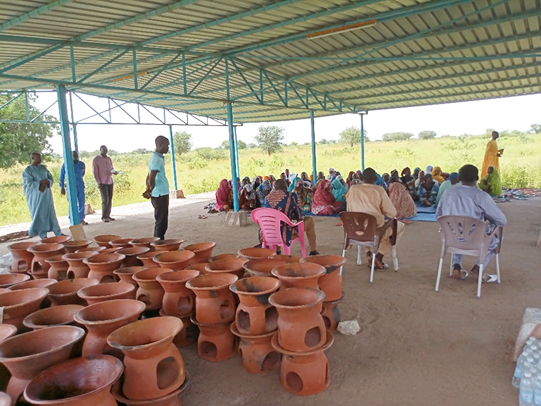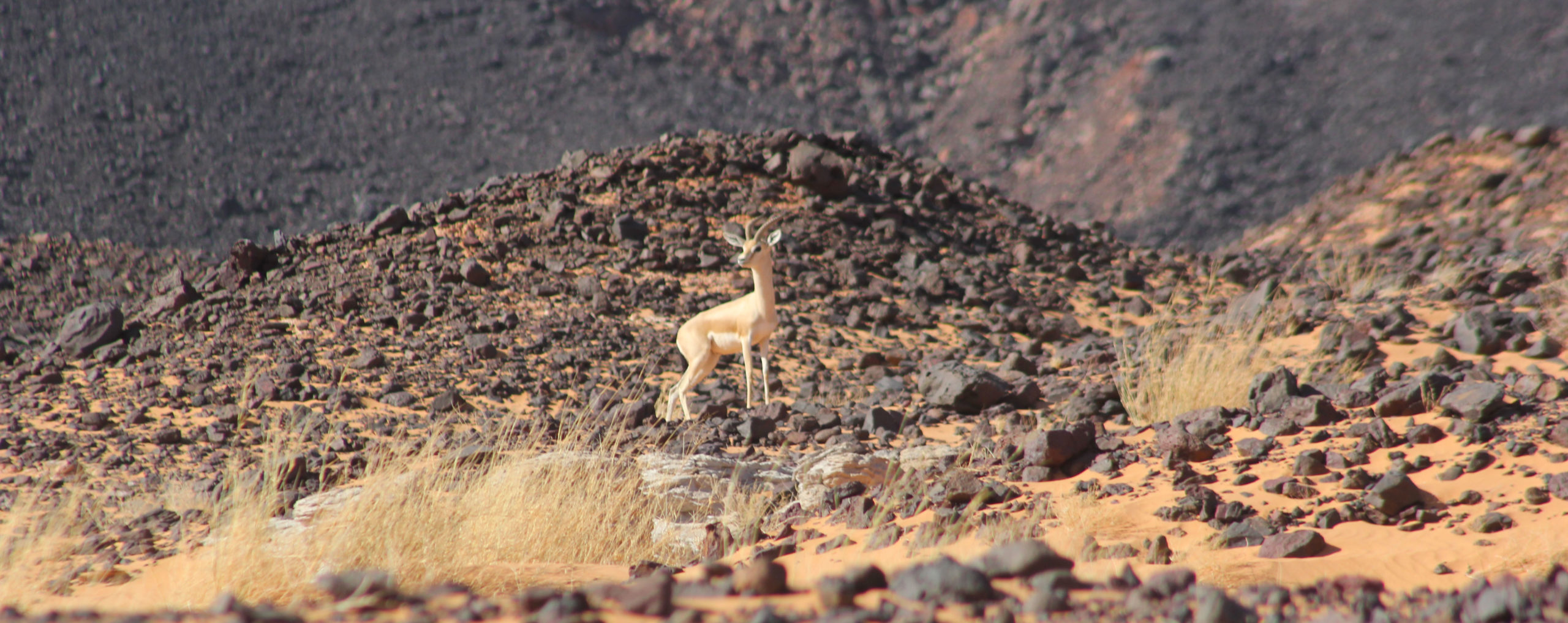Less known to the general public than gold, cassiterite, which is present in the park, is one of the most precious minerals in the world. Cassiterite is used to produce tin, which is an important component of many products such as electronics and automotive parts, alloys for jewelry and other items. In addition, cassiterite is also used in the production of glass and ceramics because of its high melting point.
The Republic of Congo is a major supplier of this metal to the global market and cassiterite is an important contributor to the country’s economy.
Cassiterite is generally extracted from alluvial deposits which are formed by the erosion of granite in sedimentary deposits. These deposits can be found in streams, rivers and other water bodies, including in the Conkouati-Douli National Park.
Located in the southwestern part of the Republic of Congo, bordering Gabon and covering an area of 504,905 hectares, this park is home to 400 species of vertebrates, many of them endangered, such as the large emblematic fauna of Central Africa–forest elephant, forest buffalo, leopard, sitatunga, gorilla and chimpanzee. The wetlands provide a refuge for migratory birds, while the large lagoon and its mangroves are home to manatees and hippos and serve as a spawning ground for many fish and marine species, including rays and sharks. The marine area and its coastline are home to leatherback turtles, dolphins, and humpback whales.
Below : A cassiterite mining site in the park
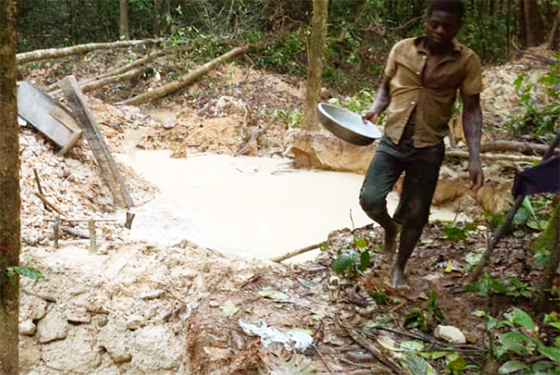
In theory, cassiterite mining in Congo is regulated, and all mining operations must follow strict environmental laws. The park, and in particular its heartland, is classified as “fully protected,” which means that all raw material extraction, fishing, hunting and logging activities are illegal. Nevertheless, under the cover of permits illegally provided by some authorities, illegal gold and cassiterite mining continues within the park. In total, nearly 1,000 people, mostly foreign (Democratic Republic of Congo, Angola, etc.), have been counted.
The artisanal methods of extracting cassiterite, coltan and gold are essentially the same, and result in the destruction of the soil and plant cover, the alteration and pollution of waterways, the illegal cutting of trees, and the intensive poaching of wildlife (weapons, traps, cables), not to mention the difficult and unhealthy living conditions of the miners themselves.
In addition, the occupation of this central area of the park for several years has led to the movement of wildlife deprived of their habitat, particularly elephants, which now frequent the populated areas at the edge of the park, thus accentuating human/wildlife conflicts.
Below : Illegal camp of cassiteriteminers in the park
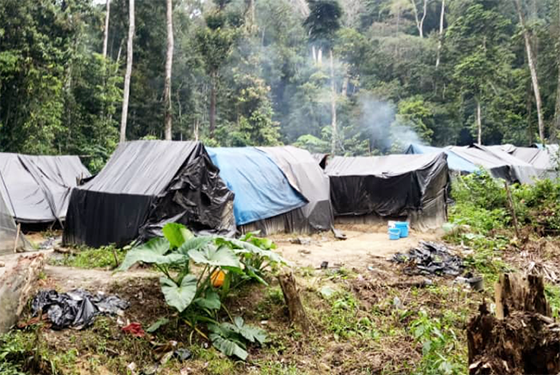
Since the signing of a partnership between Noé and the Government of Congo for the management of the park in 2021, the interventions have focused on sensitization and dialogue with local village communities and control of access roads.
To give an idea of the magnitude of the phenomenon, in November 2022 the park staff seized 430 kilos of cassiterite within the park. To evacuate the very large number of people involved in the extraction, the park’s protection capacity of about 30 ecoguards is insufficient, and, as has been the case in the past, a larger-scale intervention is required. The government promised to mobilize its forces in support of the park at the April 2022 Park Board meeting, but this has yet to materialize.
